
Pakistan – Saudi Arabia Reset 1.0
Tue, 11 May 2021 | Reading Time: 5 minutes

Photo Courtesy: MOFA Saudi Arabia
Pakistan – Saudi Arabia Reset 1.0
Why the Reset Required? In September 2019, Saudi Arabia and Pakistan’s relationship took a royal beating. The Saudi crown prince Mohammad bin Salman (MBS) snubbed Imran Khan by ordering his private jet to disembowel the Pakistani delegation. The principal cause of alienation was the Pakistani Prime Minister’s diplomacy in New York. It seemed that Imran Khan exceeded his brief on inter locution with Iran. Further, his attempt at the 2019 United Nations General Assembly to recast the Islamic bloc outside the Organisation of Islamic Cooperation (OIC) by joining hands with Recip Tayyib Erdogan of Turkey and Mahatir Mohammad of Malaysia alienated the situation. The attempt by Pakistan to launch the first major joint Islamic conference outside the realms of the Saudi-based OIC platform with these leaders in the form of a summit in Kuala Lumpur, further irked Riyadh. Saudis were further annoyed by the presence of their arch-rival Iranian President and the Emir of Qatar at that summit. The Malaysian summit was more as a threat to their leadership of the Islamic world than a genuine Islamic forum. Sensing Saudis sensibilities, Pakistan Prime Minister called off his visit without assigning any reason.
On 05 August 2020, the unusually sharp warning by Pakistani Foreign Minister Shah Mehmood Qureshi made matters worse. Qureshi asserted that the Saudi Arabia OIC was dragging its feet on Kashmir affairs. He threatened to call for a session outside OIC. He reminded Saudi Arabia that Pakistan skipped the Malaysian Summit in December 2019 on its insistence but accused Saudi Arabia of not playing its part on the Kashmir issue. Annoyed, Saudi Arabia immediately recalled a $1 billion loan, part of a $3 billion loan and a $3.2 billion oil credit facility extended to Pakistan in November 2018. Pakistani Army Chief General Qamar Javed Bajwa had to rush to Riyadh in August 2020 to soothe the frayed feathers. The resultant backlash in Pakistani intellectual circles and hype in international media about the supposed end of Saudi–Pakistan alliance has been brewing for some time. Pakistan’s dire economic situation and its deep economic dependence on Riyadh has made the realist in the military establishment reset the relationship with Saudi Arabia. The camping of General Bajwa almost three days before the hyped visit of Imran Khan on 07 May 2021 points to the reality of this relationship, which is primarily handled directly by the Pakistani army and the Saudi King and MBS. The absence of Foreign Minister Qureshi to stitch the visit of the Prime Minister makes it amply clear. The critical question is why the military brass in Pakistan is so eager to reset the relationship?
Geopolitical Calculus
The question of securing the strategic depth in Afghanistan remains foremost in the mind of military planners in Pakistan. The Biden administration resolve to exit from its endless war in Afghanistan has cataclysmically changed the regional security scenario. The atrophying capability of the Pakistan Inter-Services Intelligence (ISI) agency among the Afghan Taliban and other ethnic groups creates a dilemma for the military establishment. At the beginning of the 21st Century, General Parvez Musharraf siding with the US on the global war on terrorism against the Taliban regime has done irrevocable damage to the ISI-Taliban relationship. Despite playing the game of good Taliban (Afghan Taliban) versus bad Taliban (Tehreek-e-Taliban Pakistan), the Pakistan military is aware of the capability cavity.
In the past two decades, Iran has made inroads in developing ties with various Afghan groups. Qatar, which has good relations with Iran, has helped Afghan Taliban manage its international affairs. Both Qatar and Tehran have estranged relation with Saudi Arabia. In January 2021, once Qatar’s Arab neighbours removed a three-year blockade on Doha, the Qatari Foreign Minister urged Gulf nations to enter into a dialogue with Iran. He even offered to broker negotiations.
The easing of the Doha blockade and its posturing with Iran can be part of the Biden administration’s response to manage its exit from Afghanistan and renegotiate the Iranian nuclear deal annulled by Trump in 2018. Nonetheless, it makes Pakistan an important player in brokering peace among the estranged nations. Simultaneously it raises its capital of trust with the Afghan Taliban, whom it desperately needs on its side. Balancing act by Pakistan is not feasible without the financial dole and moral support from the Islamic club led by the Kingdom of Saudi Arabia.
Re calibration Steps
Pakistan wants to be seen with the US and Saudis when it comes to the threats that Iran’s influence could pose in Afghanistan after the US troop withdrawal. Iran’s appointment of Esmail Ghani as the successor of the slain Qasem Soleimani, the head of Iran’s elite Quds Force, is borne out of revenge. Ghani has several years of experience working in Afghanistan, Central Asia and Pakistan. For taking its revenge, Iran draws its inspiration from an old Afghan saying, “nothing hurts more than pressing the wounded nail”. For Iran, Afghanistan is the US wounded nail. By standing with Iran, Pakistan might injure its interest. Hence, Pakistan realises that it will need economic support from Riyadh to balance Tehran influence in Afghanistan as the US support comes with strings attached. General Bajwa attaches lots of importance to revive and reset the estranged relationship with the Kingdom. Hence, the Pakistan Inter-Services Public Relations (ISPR) tweet, accepting Saudi’s centrality to the Muslim world, underscores the importance. Though China has helped Pakistan pay part of the Saudi loans, it knows the value of remittances from 2.5 million expatriates working in Riyadh. The remittances have been the key contributor to keep the Pakistani economy afloat, especially during the COVID times.
Indian Army Chief General M M Naravane four-day visit to Saudi Arabia and the United Arab Emirates in December 2020 had unnerved the Pakistani military junta. They saw it as India’s bridgehead in their strategic backyard. It prompted a quick visit by General Bajwa to the Embassy of Saudi Arabia in Islamabad on 16 December 2020. To prevent any further slide in the Pakistan-Saudi bilateral ties, the military appointee replaced the career diplomat in the Kingdom. Lieutenant General Bilal Akbar took over as ambassador to the Kingdom of Saudi Arabia in January 2021. Pakistan has always regarded defence ties as the bedrock for bilateral ties with Riyadh. The job for the new ambassador is clear- to prevent Indian strategic overtures in Saudi Arabia. General Bajwa’s meeting with MSB on 07 May 2021 points that Pakistan is happy to do its outsourced job of protecting the Kingdom’s sovereignty and its two holy mosques. The absence of any reference to Kashmir by Riyadh must have upset Imran Khan. However, the Pakistani military knows how to deal with delusions, especially if it helps its cause and credibility. Hence, Pakistan will need to relegate its Kashmir policy for some future opportune time. In the meantime, the Pakistani military is busy re calibrating its strategic priorities to deal with the economic mess and Afghanistan conundrum. The game is on.
Author

Vivek Verma is an author of book, “Non-Contact Warfare: An Appraisal of China’s Military Capabilities”. He has been a former advisor to Botswana Defence Forces, Deputy Director at Centre for Land Warfare Studies (an Indian Army Think Tank) and Senior Fellow at the USI of India (India’s oldest Defence Think Tank).
Disclaimer
The opinions expressed in this article are the author’s own and do not reflect the views of Chanakya Forum. All information provided in this article including timeliness, completeness, accuracy, suitability or validity of information referenced therein, is the sole responsibility of the author. www.chanakyaforum.com does not assume any responsibility for the same.
Chanakya Forum is now on . Click here to join our channel (@ChanakyaForum) and stay updated with the latest headlines and articles.
Important
We work round the clock to bring you the finest articles and updates from around the world. There is a team that works tirelessly to ensure that you have a seamless reading experience. But all this costs money. Please support us so that we keep doing what we do best. Happy Reading
Support Us






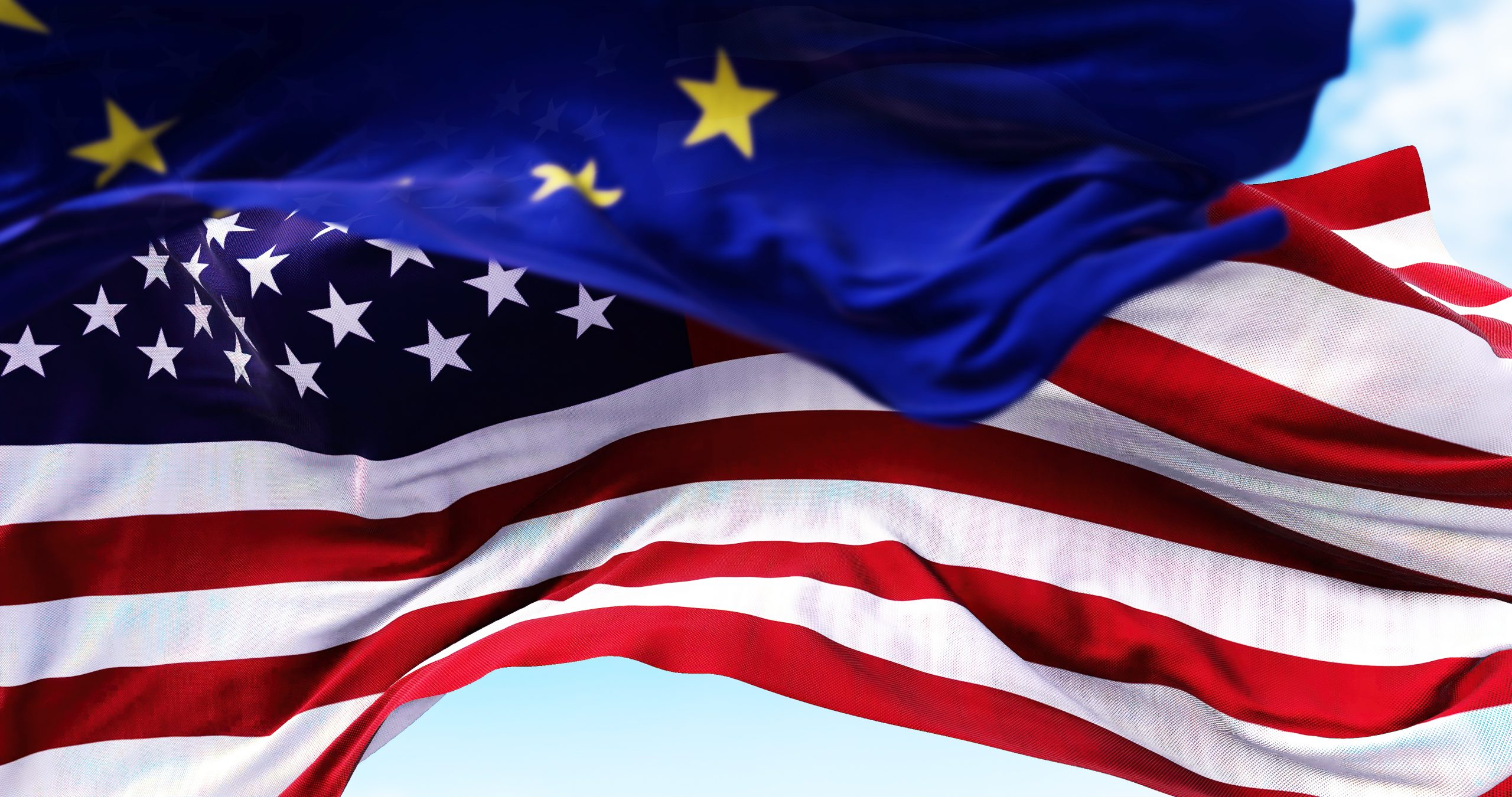
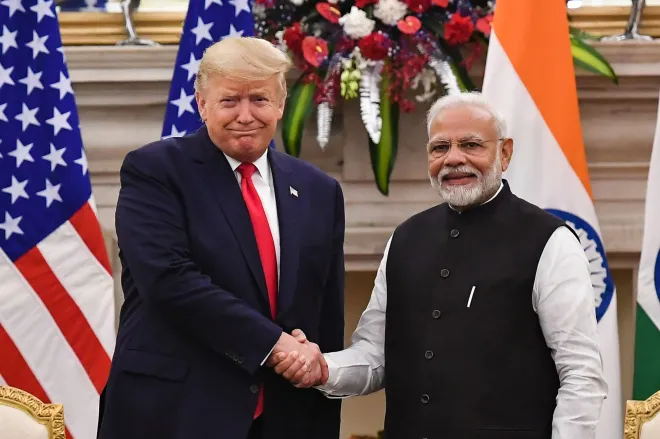
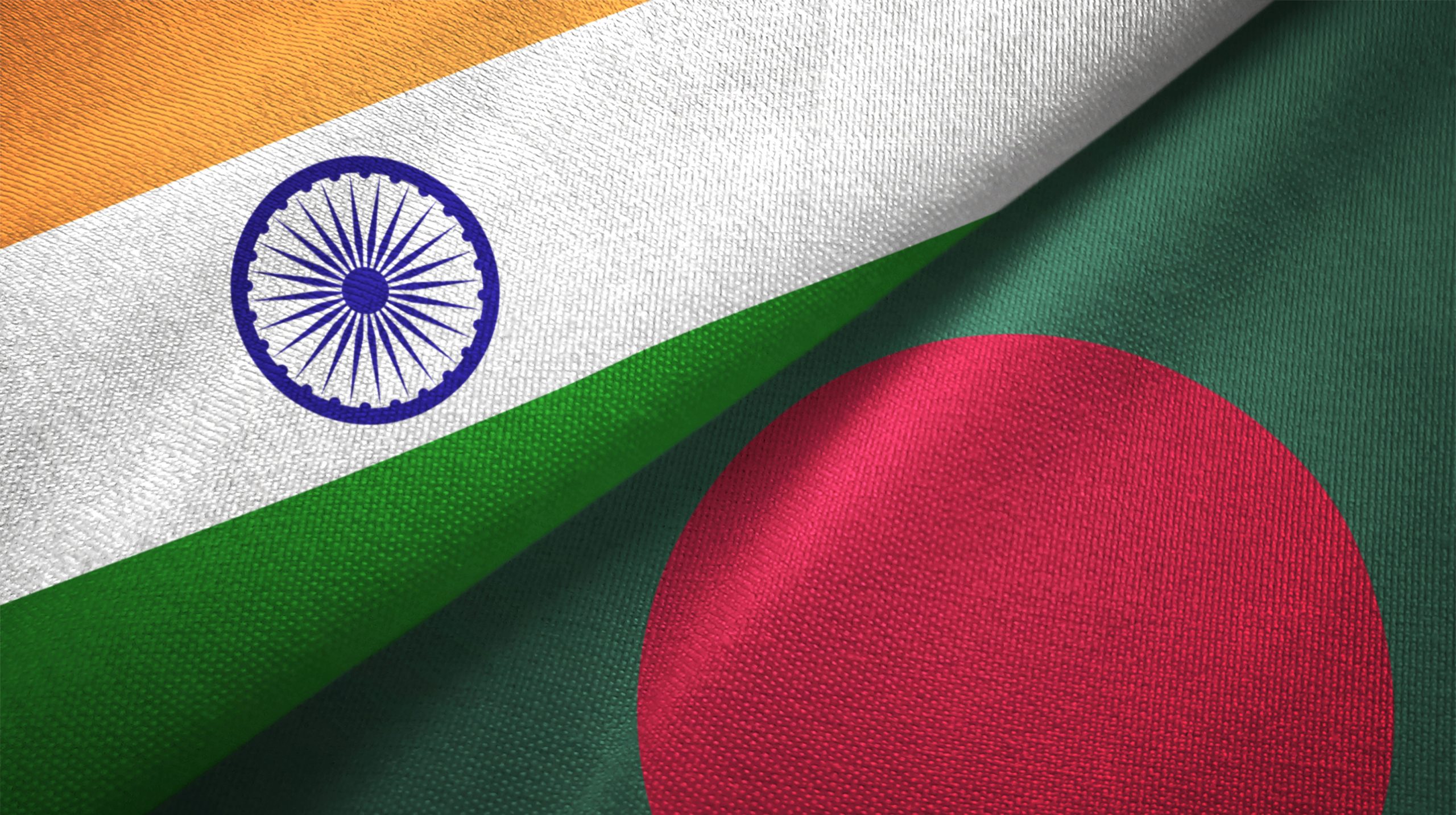
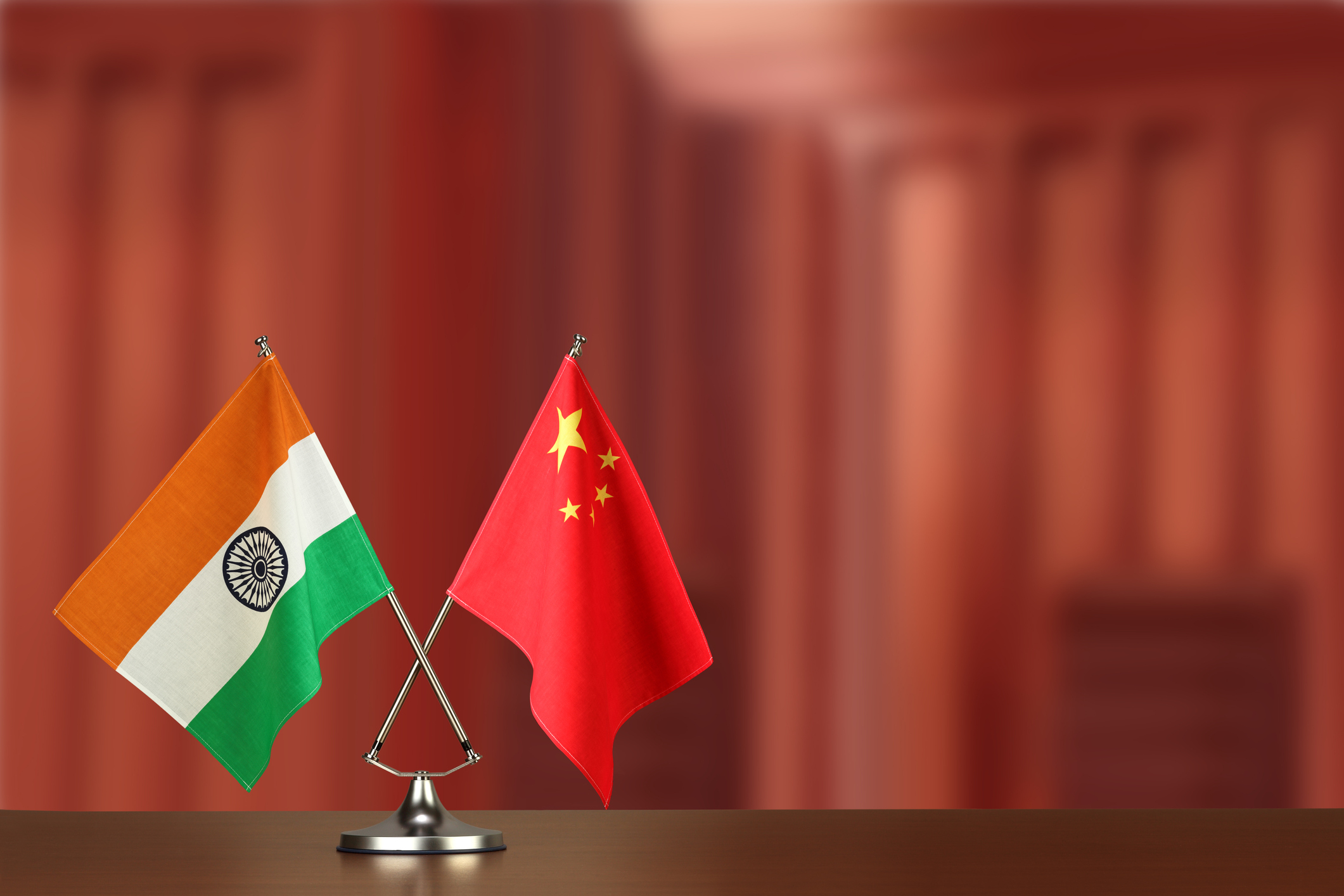
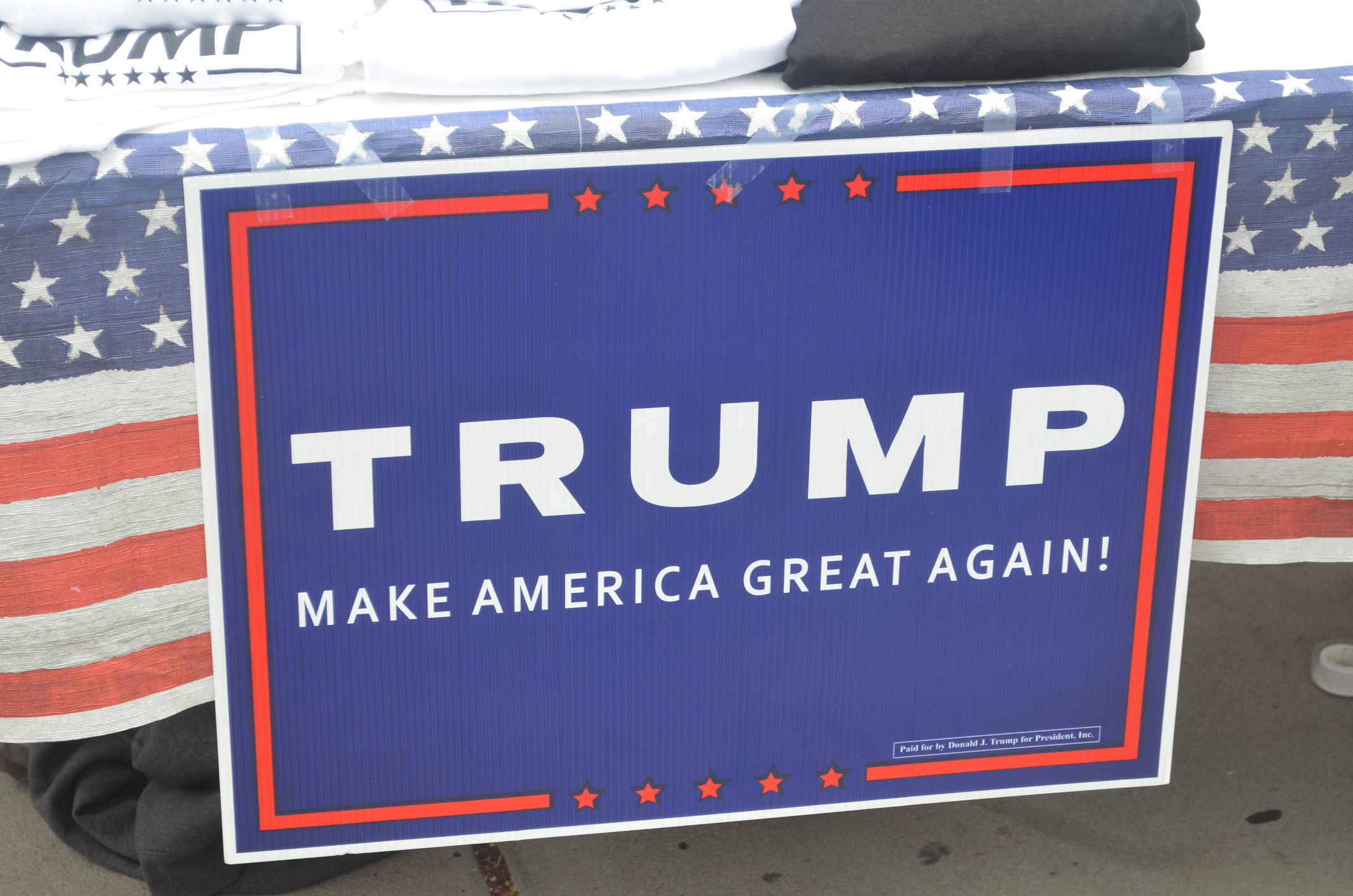

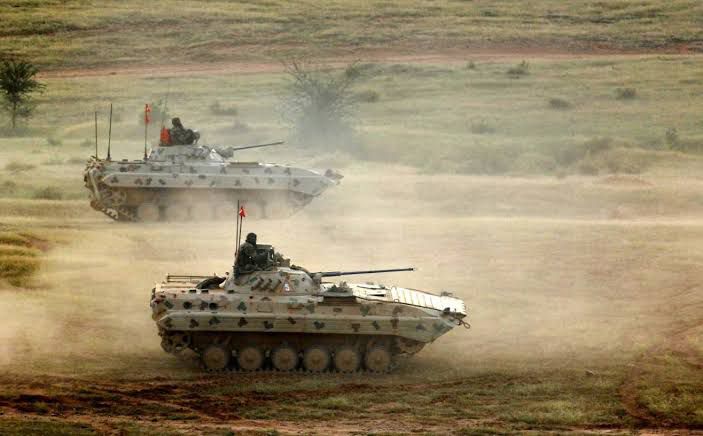







POST COMMENTS (0)